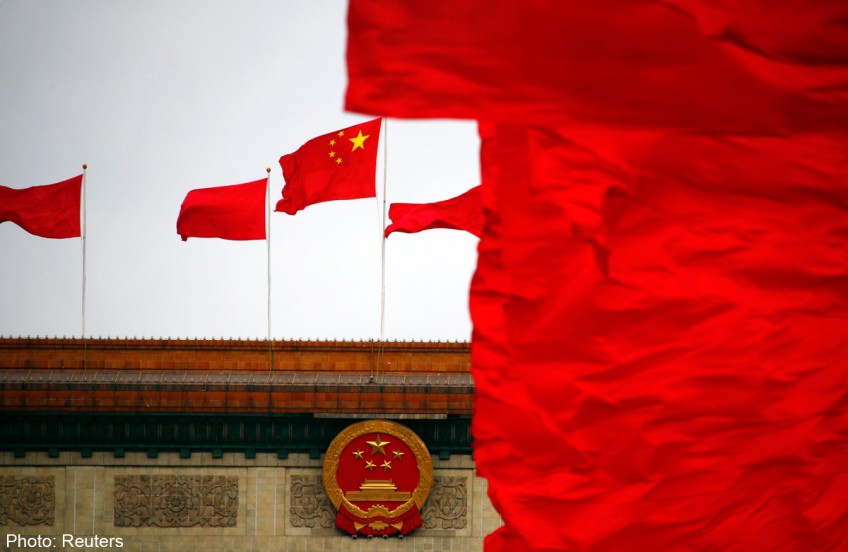China not playing 'history' card: Embassy


When describing Japan's invasion of Asia during World War II, Associate Professor Heng Yee Kuang said "imperial Japan's rampage across Asia caused chaos, and upended the previous Western-imposed colonial order" ("Japan: Troublemaker or troubleshooter?"; March 25).
I was quite astonished by this glossing over of military aggression. Japan's so-called rampage brought grave disaster to more than 10 Asian countries and resulted in tens of millions of casualties. In China alone, more than 35 million people were slaughtered or injured.
The nature of the brutal war was clearly defined as "aggression of Japan" in the Cairo Declaration announced after the Cairo Conference attended by the leaders of the United States, Britain and China in 1943. The nature of Japan's aggression cannot be blurred.
The article went on to say that China was playing the "history" card in its criticism of Japan.
We must make clear who is playing the history card.
Right-wing forces in Japan have never given up their attempts to deny or distort the inglorious history of aggression. They revised their history textbooks; they denied the Nanjing Massacre and the forced recruitment of comfort women; and Japanese Prime Minister Shinzo Abe visited the Yasukuni Shrine, where 14 Class-A war criminals are worshipped.
All these have severely trampled on world peace and human conscience. Why didn't the writer criticise Japan for playing the history card, but instead blamed China's move to expose Japan's history of aggression?
Japan does play a role in regional cooperation, but this cannot whitewash its historical crimes or become an excuse for revising history. History can be forgiven but not forgotten.
Only by truly committing to a peaceful path and not saying one thing and doing something else can a country gain the trust of its neighbours and the world.
The Japanese Cabinet's recent approval of the move to relax the arms export ban is a warning for regional security and stability.
As a responsible country, China unswervingly follows the path of peaceful development and has been practising its diplomatic guideline of "amity, sincerity, mutual benefit and inclusiveness" with its neighbours in the region.
China and Asean enjoy friendly relationships. China will firmly prioritise Asean member countries in its peripheral diplomacy and deepen strategic partnership with Asean. Our common goal is to have a trouble-free Asia.
Cao Jing (Ms)
Chief, Political and Press Section
Chinese Embassy in Singapore
This article was published on April 16 in The Straits Times.
Get a copy of The Straits Times or go to straitstimes.com for more stories.